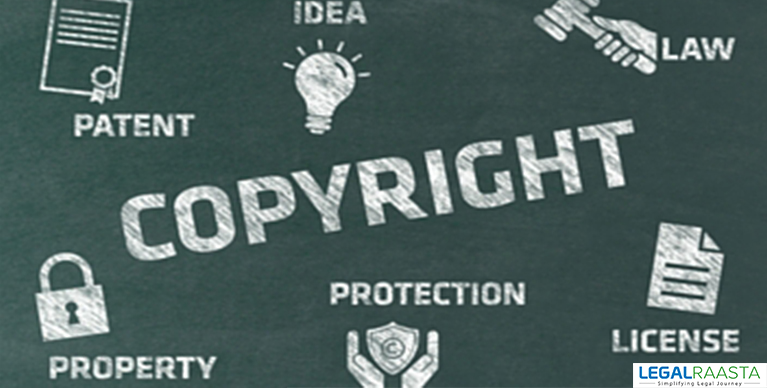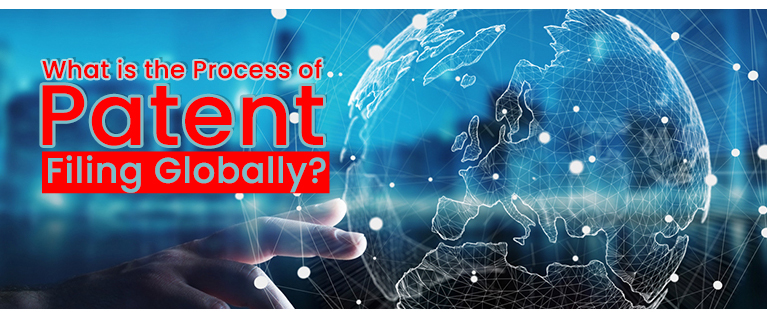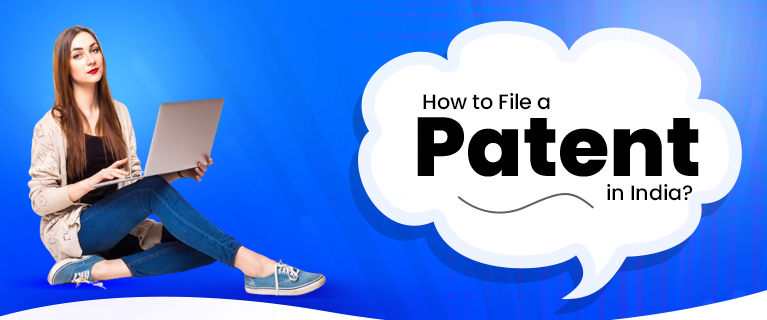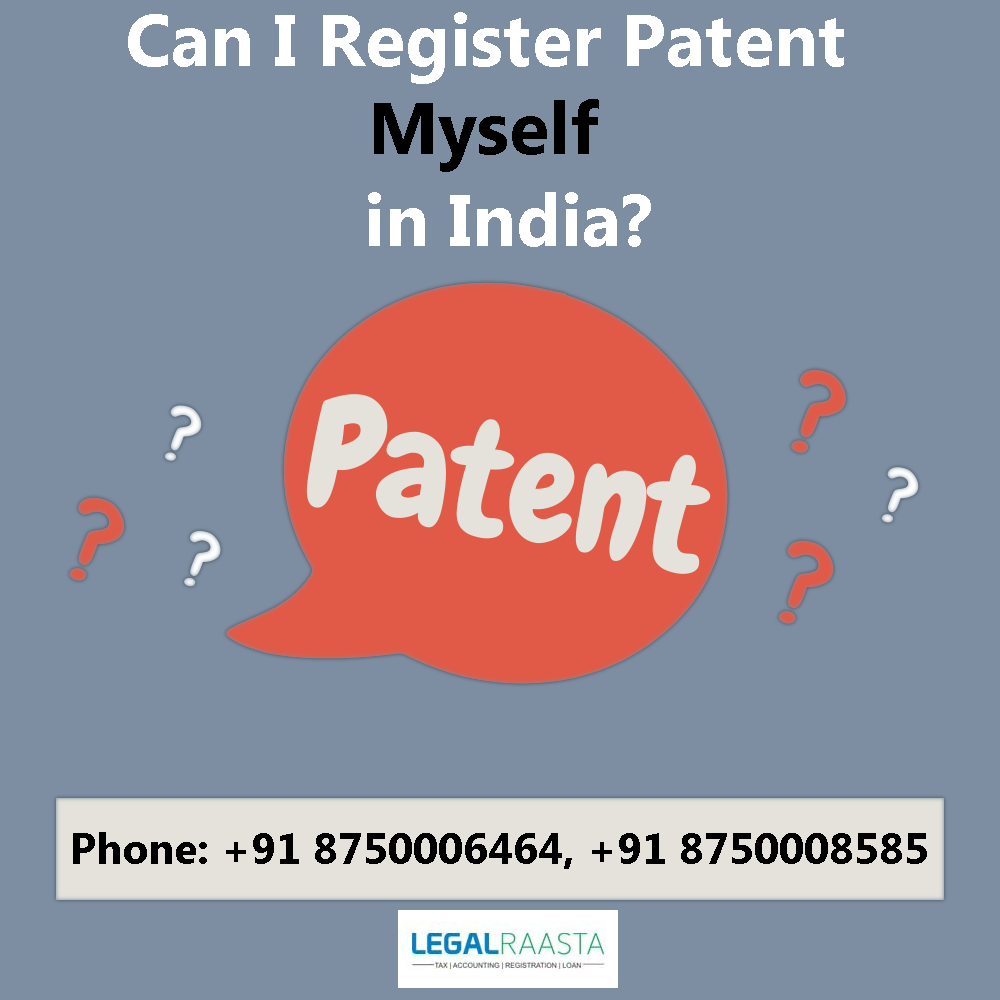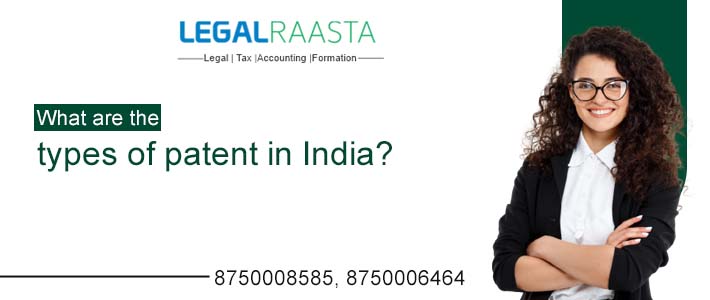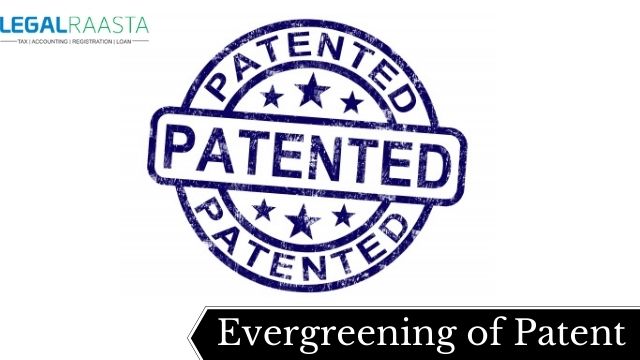What is license a patent and what are its functions?
Patent license can be classified as either exclusive or non-exclusive.
Patent Licenses:
A patent gives its owner the right to reject others from practicing the patented invention, and it does not give the patent owner the authorization to practice the patented invention. Licenses can be understood as:
- Exclusive license: Under an exclusive license, a patent owner transfers all the ownership to the licensee only embracing the title to the patent. From the point of view of the patent owner, he gives away all rights under the patent to the licensee. In fact, the licensee steps into the shoes of the owner and gain the right to sub-license the patent and prosecute for patent violation. However, this freedom can be limited by a field of use. That means that the licensee gets an agreement from the patent owner that the patent will not be licensed to anybody else in a designated field of use.
- Non-exclusive license: Under the non-exclusive license, the patent owner actually promises not to seize the license for patent violation. Some people think that by acquiring a non-exclusive license the licensee inhibits the freedom to operate in the space secured by the licensed patent, but this may or may not be the case in real world. It depends on whether the licensee’s products violate other patents or not.
Advantages of selling or out-licensing patents
The advantages of selling and out-licensing patents are as follows:
- Increased earnings
- An access to strong business partners
- Increased visibility in the market
- Access to new distributing channels
- Use of own technology in new business or other products
Limitations of selling or out-licensing patents
- Difficult to reach an agreement on price
- Difficult to find relevant buyers
- Difficult to convince the business decision-makers
- The process is risky because of violations proceedings
Advantages of buying or in-licensing patents
- An increase in business innovations
- An access to new product areas
- Increased visibility in the market
- Access to new business partners
- Supplementing internal R&D.
Limitations of buying or in-licensing patents
- Difficult to make negotiations with price and conditions
- Assessing the validity of patent is difficult
- Difficult to reach purchase and licensing contracts
Role of Patent licenses
- Ability to the commercialize-The value of licensing a patent is decreased if the acquirer would have to make important capital investments to produce a product that includes the patented invention compared to an acquirer who already has the necessary production of infrastructure in order.
- The stature of the inventor– In many closely-knit industries, the players with buying liberty are well-aware of the most famous inventors. These decision makers are often disposed to buy products that include the inventions introduced by the famous creators. In such scenarios, patents allowed to the most respected creators naturally have more value than patents allowed to the unknown creators.
- The value of depriving competitors of key technologies– Sometimes companies license in or achieve technology individually to keep the technologies out of the hands of competitors in the market. Depriving a competitor of an important element in producing a product that could result in their postponement of introducing competing products to the fruitful markets and force them to make important and efficient expenditures in terms of having to design around hard-to-reproduce technologies. Professionals committed to negotiating patent licensee should shop their technologies to several other competing potential licensees in order to raise the fighting spirits among the potential licensees.
- Acquirer’s or Licensee’s portfolio concentration. The width and depth of the destination portfolio is a function of the value that a licensee will put on a patent for purchasing. For example, companies thinking and acquiring a patent for vital strategic reasons that have no patents at all in a particular field will obviously value a patent with wider claims covering that discipline more fairly than a company that has a rich patent clump in the given discipline. In account for the variance, the answer is that the companies that already have a booming portfolio acquire less freedom to operate by deriving such a patent than companies for which such an addition could be used as a Trojan horse for depositing a stake in a new discipline.
- Capital raising implications– Acquirers can win economical benefits by realizing that winning a license agreement can be awfully helpful to a patentee looking to raise capital. For instance, a large company can often pay a reduced royalty rate when it knows that its accord will certify the licensor’s technology and such license agreement will raise the ability of the licensor to captivate funding.

